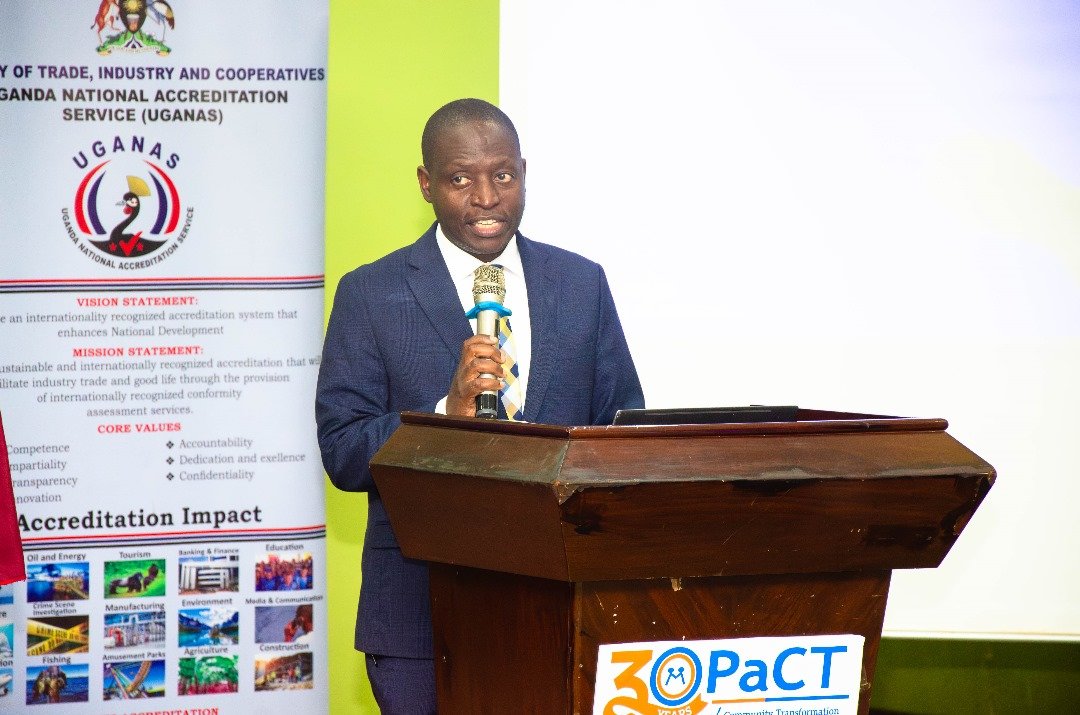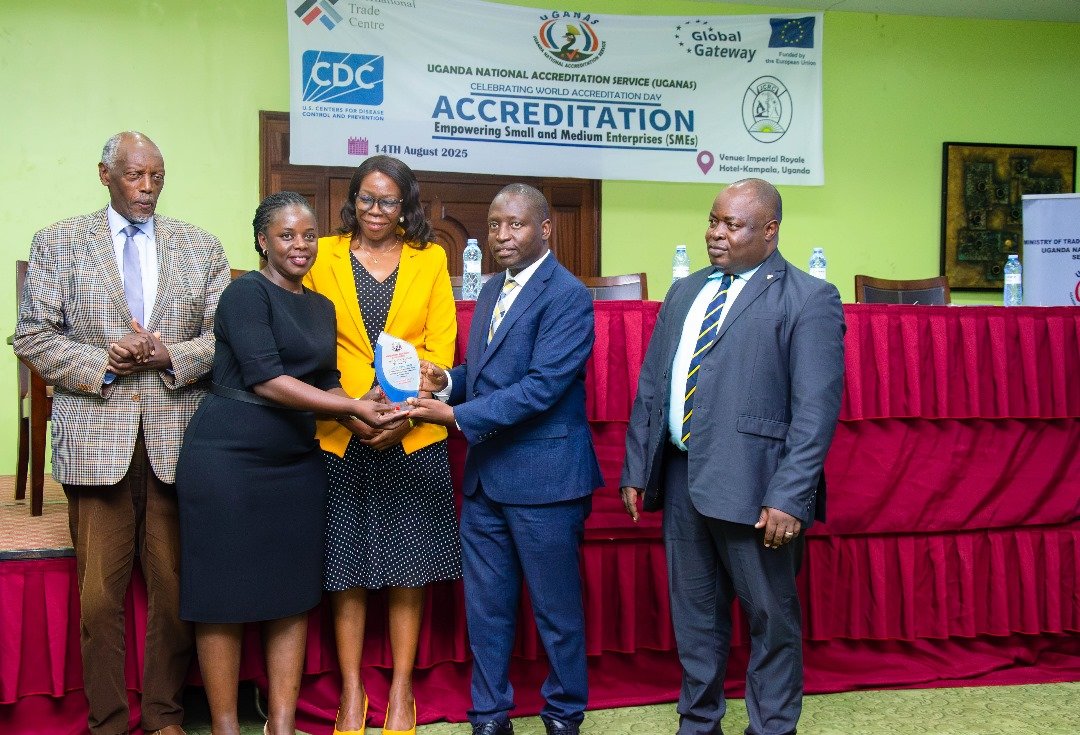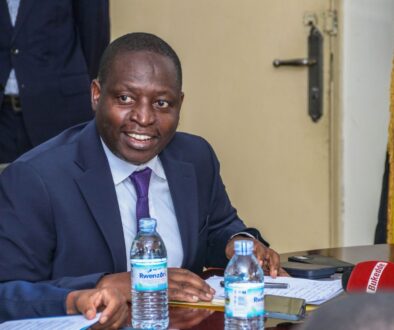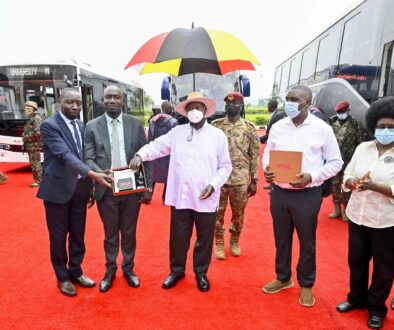Why the World Accreditation Day

State Minister for Industry Hon. David Bahati during the Celebrations of World Accreditation day at Imperial Royale hotel Kampala
Uganda is today August 14, commemorating World Accreditation Day (WAD) 2025.
The Minister of State for Industry, Hon. David Bahati, explains that the day raises awareness on the importance of accreditation amongst all relevant stakeholders. It is a global initiative by the International Laboratory Accreditation Cooperation (ILAC) and the International Accreditation Forum (IAF).
It is celebrated in over 100 economies worldwide, represented by more than 100 accreditation bodies, to promote accreditation.
The World Accreditation Day will be commemorated around the theme, Accreditation: Empowering Small and Medium Enterprises (SMEs), highlighting how accreditation and the broader quality infrastructure system can support and strengthen SMEs.
According to the World Trade Organisation, nearly 95% of businesses worldwide are SMEs, most employing less than 250 people each, and accounting for a greater share of employment in most economies, including the developed economies.
Bahati says Uganda’s SMEs contribute over 70% of the country’s GDP and provide nearly 90% of the employment in various sectors: agriculture, manufacturing, trade, and services.
Accreditation Benefits
Businesses have greater confidence in the accuracy of the testing services because they have been generated by facilities assessed as being competent.
It minimises risks for business, as decisions will be based on reliable results. The rejection statistics of our products in export markets will reduce from USD 700m to USD 100m by 2030.

It also facilitates the free-trade goal of “accredited once, accepted everywhere” thereby granting access to international markets for our products.
Accreditation will improve our market penetration in; the East African Community regional bloc with population of 343 million (2024 est) and GDP of $349bn (2024 est); The COMESA region with population of 640 million people (2024 est) and GDP of $1.0 trillion (2024 est); and The AfCFTA, with population of 1.3 billion people from the 54 member states and GDP of $3.4 trillion (2024 est).
With accreditation, Ugandans will gain halal products’ export to the Middle East, reaching USD 1.09bn by 2030. In 2024, our agriculture value chain export figure was USD 1.5bn, and with accreditation, this is expected to grow to USD 3.5bn by 2030. (Source: BoU, MFPED, UGANAS computations).
Over 2,000 Ugandan facilities offer testing and certification services, of which 125 facilities have been accredited by foreign accreditation bodies.
It costs them $10,000 annually to maintain the accreditations, a high cost for the business. Establishing the Uganda National Accreditation Service will reduce the accreditation cost by 35 to 40 per cent.
Bahati notes that the Uganda Government has developed the National Accreditation Policy 2014 and the enactment of the Accreditation Service Act 2021, which established the Uganda National Accreditation Service.
It has established the National Accreditation Office at Makubya Road in Nakawa to provide accreditation services. In addition, UGANAS shall provide training services in the field of accreditation, which Ugandans can only obtain from abroad.



